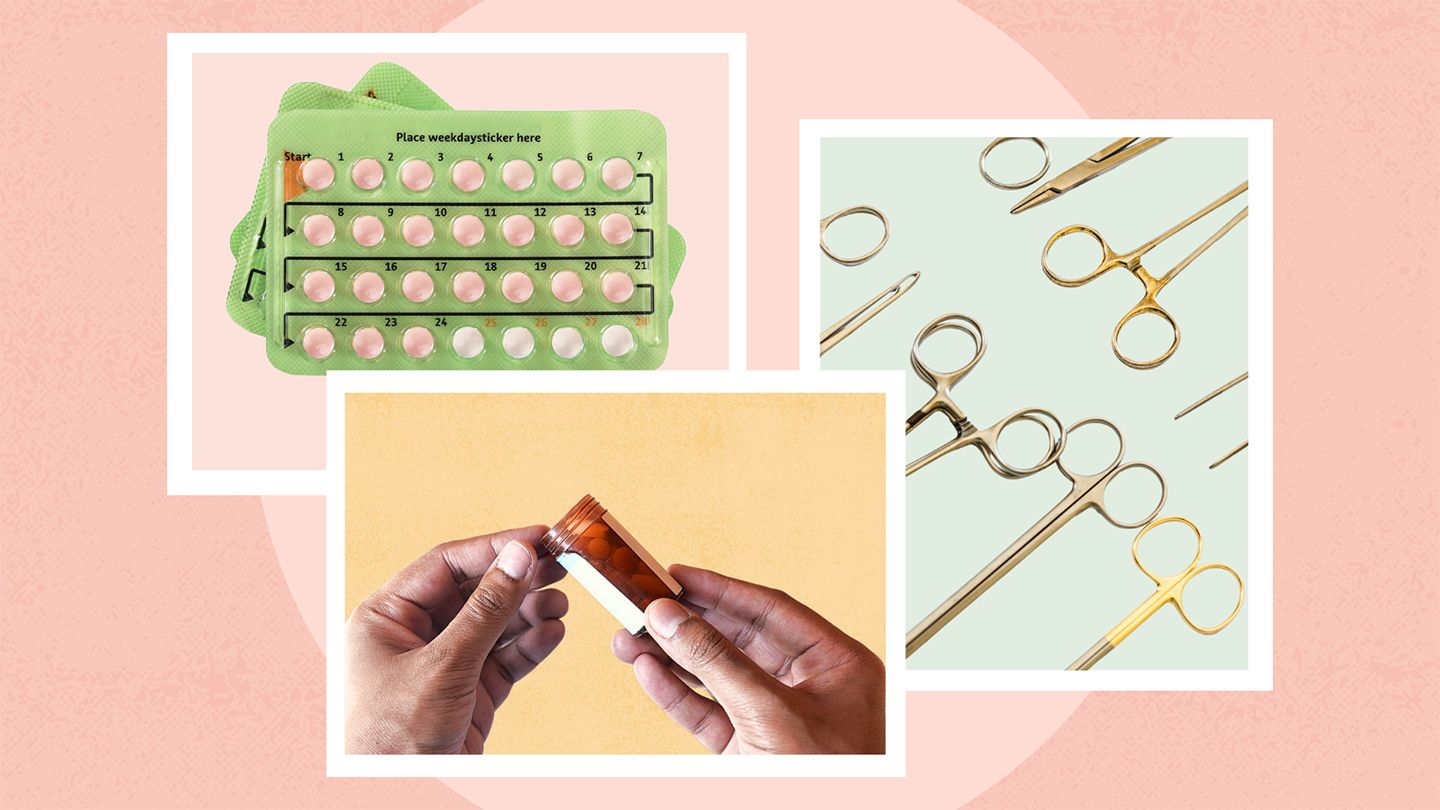
Many treatments target symptoms and shrink uterine fibroids, but there are also some procedures to remove these noncancerous growths.
Once you and your physician know where your fibroids are located, how many are there, and how big they are, you can explore your options. Your fertility goals will also play a role, because the only way to permanently remove fibroids and prevent them from recurring is to surgically remove your uterus.
Various over-the-counter (OTC) and prescription medicines can temporarily ease symptoms like heavy bleeding or pain. Although some treatments may shrink the fibroids, drugs can’t get rid of these growths.
Medicines to manage uterine fibroid symptoms include:
A variety of different complementary therapies for uterine fibroids can help to relieve symptoms such as discomfort from heavy bleeding and back pain. You should discuss these options with your doctor, because many of these approaches haven’t been tested as rigorously as traditional medicines, which are vetted by the U.S. Food and Drug Administration (FDA). Supplements may also have harmful interactions with medications.
Some complementary therapies include:
Surgery is the only way to get rid of fibroids. Less-invasive options are preferred by many patients to preserve fertility; by leaving the uterus intact. This won't prevent future fibroid growth. Surgeries for uterine fibroids include:
Kara Smythe, MD, has been working in sexual and reproductive health for over 10 years. Dr. Smythe is a board-certified fellow of the American College of Obstetricians and Gynecologists, and her interests include improving maternal health, ensuring access to contraception, and promoting sexual health.
She graduated magna cum laude from Florida International University with a bachelor's degree in biology and earned her medical degree from St. George’s University in Grenada. She completed her residency in obstetrics and gynecology at the SUNY Downstate Medical Center in Brooklyn, New York. She worked in Maine for six years, where she had the privilege of caring for an underserved population.
Smythe is also passionate about the ways that public health policies shape individual health outcomes. She has a master’s degree in population health from University College London and recently completed a social science research methods master's degree at Cardiff University. She is currently working on her PhD in medical sociology. Her research examines people's experiences of accessing, using, and discontinuing long-acting reversible contraception.
When she’s not working, Smythe enjoys dancing, photography, and spending time with her family and her cat, Finnegan.
